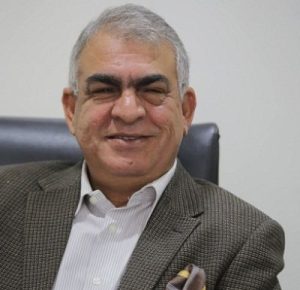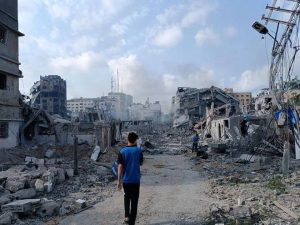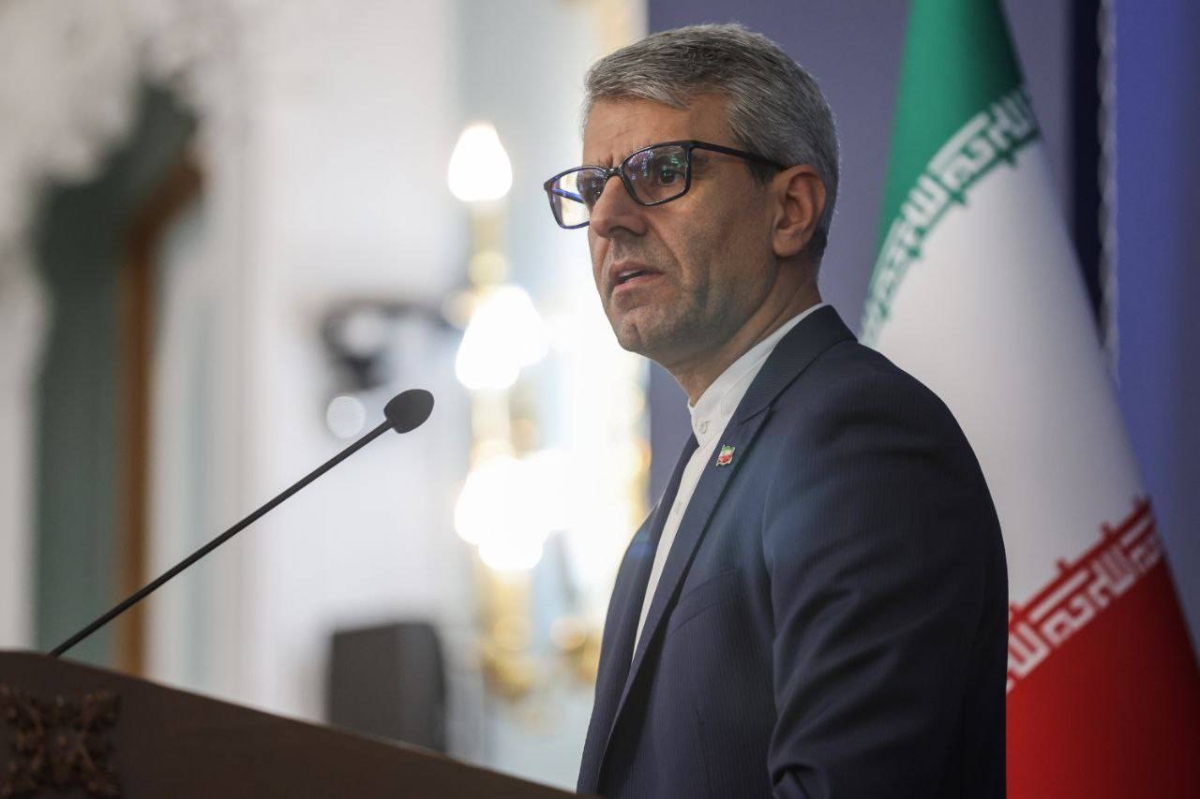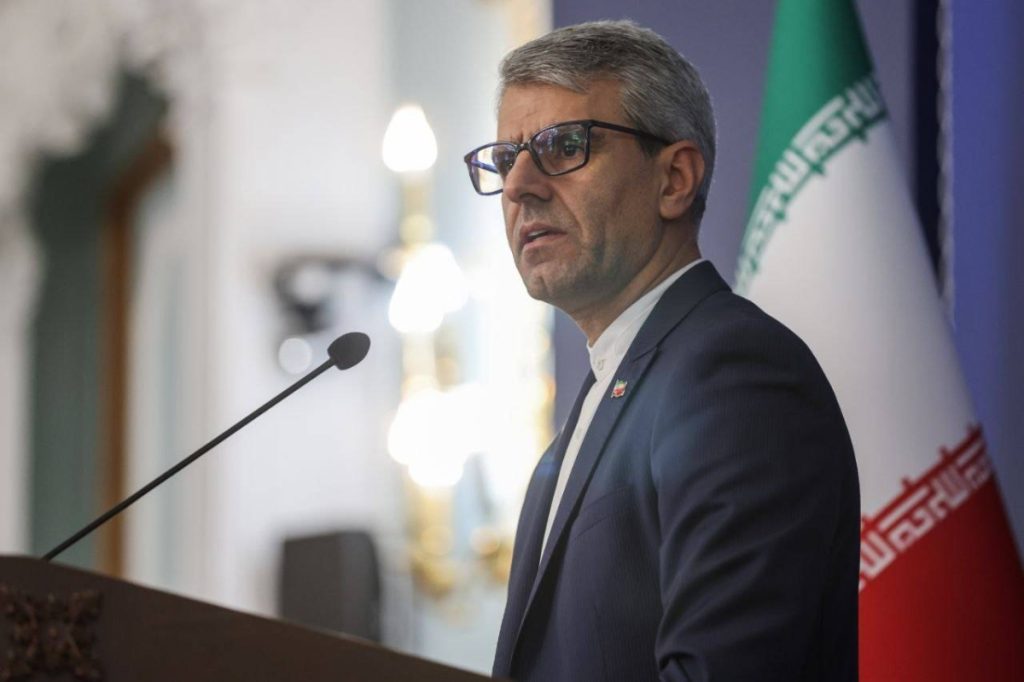Iranian Foreign Ministry spokesman Ismaeil Baqaei announced that a new round of negotiations with the International Atomic Energy Agency (IAEA) will take place soon. Foreign Minister Abbas Araghchi said last week that his country has begun a “new chapter” in its relationship with the Agency, announcing an invitation to the Agency’s deputy director to visit Tehran and indicating willingness to accommodate repeated requests from the Agency. Araghchi addressed the Iranian parliament’s vote on a law to suspend cooperation with the IAEA and the Agency delegation’s visit to Tehran, saying: “The parliament passed a very important law.
In fact, they made cooperation with the Agency contingent on decisions of the Supreme National Security Council.” He added that the Agency has not had a good record with Iran in recent months, noting that before the war with Israel the Agency issued a decision that paved the way for many bad things. He described the worst moment as the illegal and brutal attacks on Iran’s nuclear facilities and criticized the Agency’s director-general for failing to condemn the attacks, referring to the U.S. and Israeli strikes in June. Araghchi also warned that new circumstances prevail and that Iran’s nuclear facilities suffered damage. President Masoud Pezeshkian approved a law in early July to suspend cooperation with the IAEA following Israeli and U.S. strikes that targeted Iranian nuclear sites.
The Iranian law stipulates that any future inspections of Iranian nuclear sites by the IAEA require approval from the Supreme National Security Council in Tehran. The IAEA stressed the need to be allowed to resume inspections after the Israeli and U.S. airstrikes in June that targeted Iran’s nuclear program and sought to prevent it from acquiring a nuclear weapon. The Agency expressed serious concern about Iranian stockpiles of about 400 kilograms of highly enriched uranium. IAEA Director General Rafael Grossi said Tehran indicated it would be ready to resume some technical-level talks and added that Iran must be clear about its facilities and activities. Iran and the United States held five rounds of talks mediated by Oman, but those talks were suspended after the June war that lasted 12 days between Iran and Israel. NBC News quoted current and former U.S. officials saying a U.S.
assessment concluded that one of the three Iranian nuclear sites targeted was largely destroyed by the strikes, while the other two sites did not sustain severe damage.














Recommended for you
Talib Al-Rifai Chronicles Kuwaiti Art Heritage in "Doukhi.. Tasaseem Al-Saba"
Exhibition City Completes About 80% of Preparations for the Damascus International Fair Launch
Unified Admission Applications Start Tuesday with 640 Students to be Accepted in Medicine
Egypt Post: We Have Over 10 Million Customers in Savings Accounts and Offer Daily, Monthly, and Annual Returns
His Highness Sheikh Isa bin Salman bin Hamad Al Khalifa Receives the United States Ambassador to the Kingdom of Bahrain
Al-Jaghbeer: The Industrial Sector Leads Economic Growth